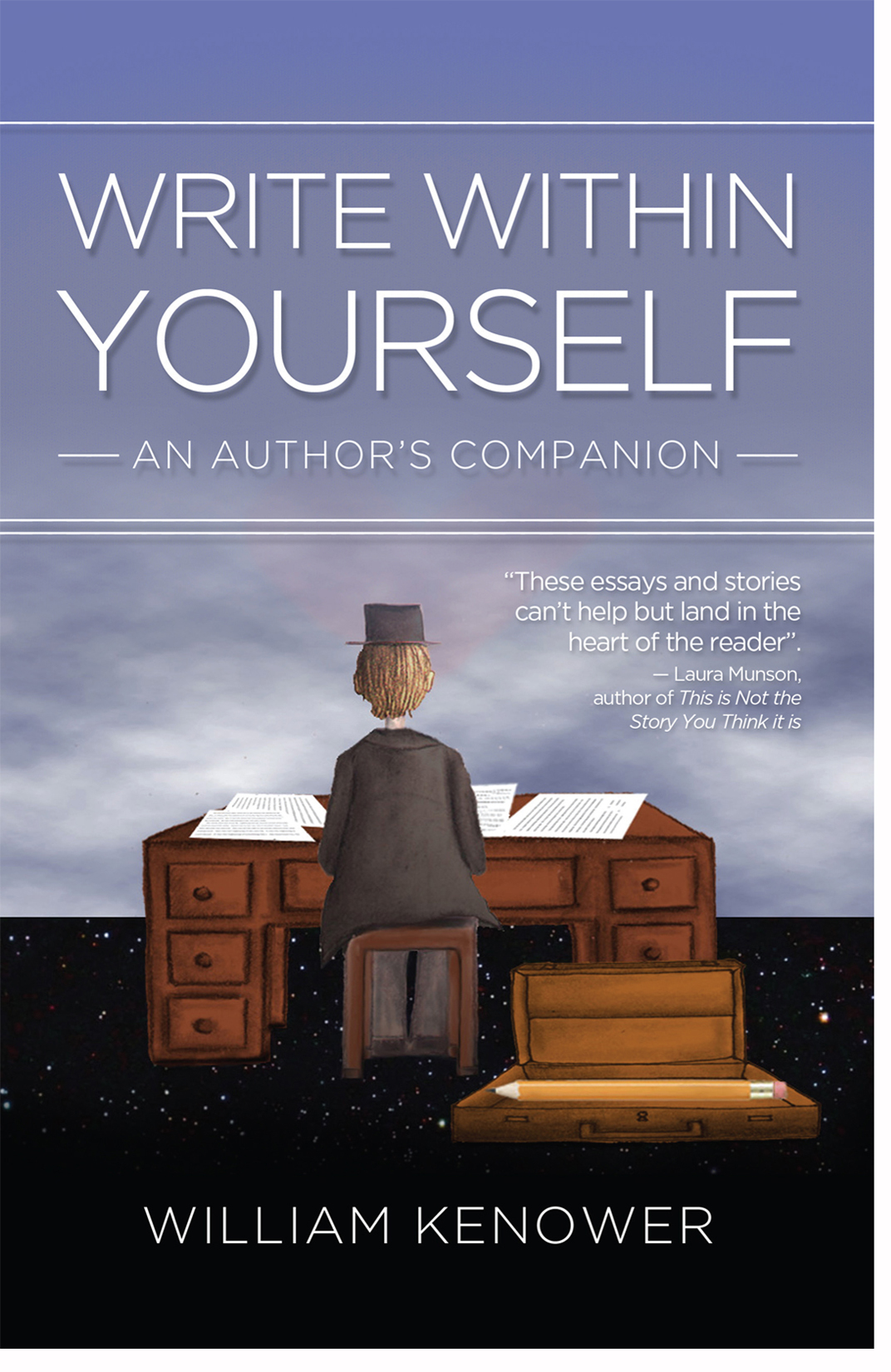Becoming the Author of Your Life
One of my favorite stories to tell when I teach or give talks is about the time I thought my youngest son Sawyer had leukemia. Mysterious bruises had appeared on his arm shortly after we started sending him to a day camp. He didn’t like going to the camp, but at five he had been diagnosed with a “language delay” because he did not seem to understand language at the rate of other children, and we thought everyday socializing would be good for him. Unfortunately, when we asked him about the bruises his answers were vague and uncertain. Finally, one fearful night when we spotted a fresh bruise when he got up to use the bathroom, I whisked him off to the hospital. This is always my favorite part of the story, when I’m sitting in the Children’s Hospital examination room, wondering if he is very sick and if he will die. My gut was telling me there was nothing wrong with him, but my brain was reminding me that children do die and no parent wants to believe their child is very sick. The doctors drew his blood. Sawyer had been tested many times over the last year, and he seemed to fail them all. I sat with him praying he didn’t fail this one.
The doctors returned with their results: Nothing unusual. Still, perhaps he should return for more tests. I took him home, hating tests and hating how I couldn’t trust my gut, which had otherwise guided me quite faithfully over my life. A week later my wife noticed another fresh bruise on his arm. This time she asked him, “Did you give yourself that bruise?” He nodded, and mimed giving himself a hickey. Our pediatrician still wanted more tests. Instead, we quit sending him to the day camp, and the bruises went away.
This story shows why I love to write and read and teach memoir. To tell this story convincingly I must become two people: Bill the Character and Bill the Author. Bill the Character believes his son needs to be at camp, is confused by the bruises, wishes they would go away, hates sitting in the examination room, and wants only to trust his gut. Bill the Character would like everything to go smoothly in his life, which, of course, it never does. Bill the Character is convinced that there is good in the world and bad in the world and just wants lots of good and very, very little bad.
Bill the Author, however, loves the entire story. He loves when Sawyer’s bruises appear, and he loves when Bill has to go to the hospital, and he particularly loves how worried Bill is that Sawyer might die, even though in truth he doesn’t believe Sawyer is going to die. Bill the Author absolutely loves how uncomfortable this makes Bill the Character. It’s why Bill the Author loves telling the story. And finally, he also loves when Bill the Character learns where the bruises came from, thereby remembering to listen to both to his gut and his son.
Bill the Author, in short, does not believe in good and bad. Bill the Author only cares about the story, and everything in that story is equally necessary and equally valuable.
I cannot tell a story from my life until I allow myself to become its author. If I still believe that something shouldn’t have been said to me or done to me, whether by another person or simply by life, then I am still stuck within the story as I first perceived it when I lived it, the story of a world that should be something other than what it is. I don’t know how to change the world, but I do know how to change the story I tell about it, and in my experience that makes all the difference.
Write Within Yourself: An Author's Companion.
"A book to keep nearby whenever your writer's spirit needs feeding." Deb Caletti.
You can find Bill at: williamkenower.com


